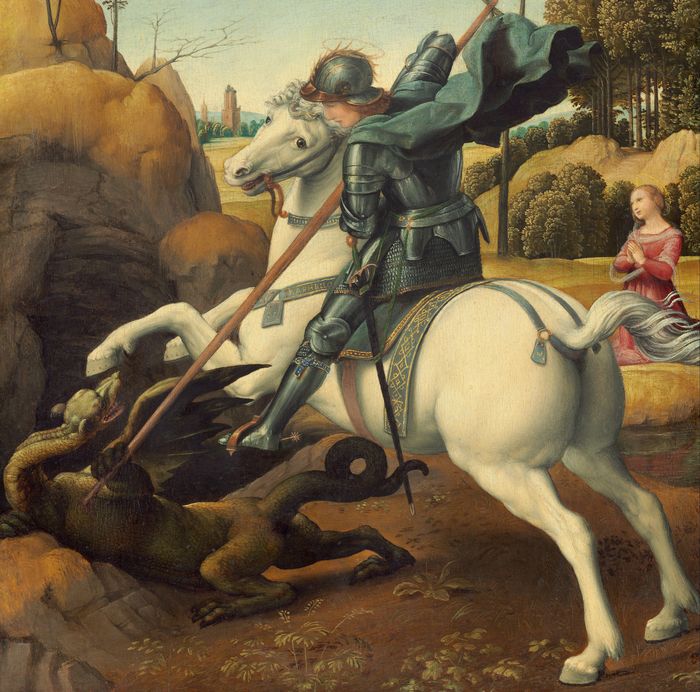O. Henry (William Sydney Porter) (1862 1910)
William Sydney Porter who wrote under the pen-name “O. Henry” was born at Greensboro, N. C., in 1862. He received only the rudiments of an education. As a young man he went to Texas, working in the General Land Office and later in a bank. He was implicated in a business deal and served a short prison sentence.
While in prison he began writing stories for the magazines. By the time of his death he was one of the most popular story writers in the country. Between the time of his death and 1920 his work became known throughout the entire English-speaking world. He is one of the ablest short-story writers who ever lived: fertile in invention, clever, amusing, and amazingly deft in the handling of the trick plot. Though he is limited in the subject-matter which he treats, and too fond of telling a story simply for the sake of the point, he must be accorded the credit of perfecting his own type of story.
Supply and Demand appears in the volume Options, copyright, 1909, by Harper & Bros., by whose permission it is here used.
Supply and Demand
Finch keeps a hats-cleaned-by-electricity-while-you-wait establishment, nine feet by twelve, in Third Avenue. Once a customer, you are always his. I do not know his secret process, but every four days your hat needs to be cleaned again.
Finch is a leathern, sallow, slow-footed man, between twenty and forty. You would say he had been brought up a bushelman in Essex Street. When business is slack he likes to talk, so I had my hat cleaned even oftener than it deserved, hoping Finch might let me into some of the secrets of the sweatshops.
One afternoon I dropped in and found Finch alone. He began to anoint my headpiece de Panama with his mysterious fluid that attracted dust and dirt like a magnet.
“They say the Indians wear `em under water,” said I, for a leader. “Don`t you believe it,” said Finch. “No Indian or white man could stay under water that long. Say. do you pay much attention to politics? I see in the paper something about a law they`ve passed called `the law of supply and demand.`”
I explained to him as well as I could that the reference was to tt politico-economical law, and not to a legal statute.
“I didn`t know,” said Finch. “I heard a good deal about it a year or so ago, but in a one-sided way.”
“Yes,” said I, “political orators use it a great deal. In fact, they never give it a rest. I suppose you heard some of those cart-tail fellows spouting on the subject over here on the east side.”
Read More about Julia Cahill`s Curse part 1








